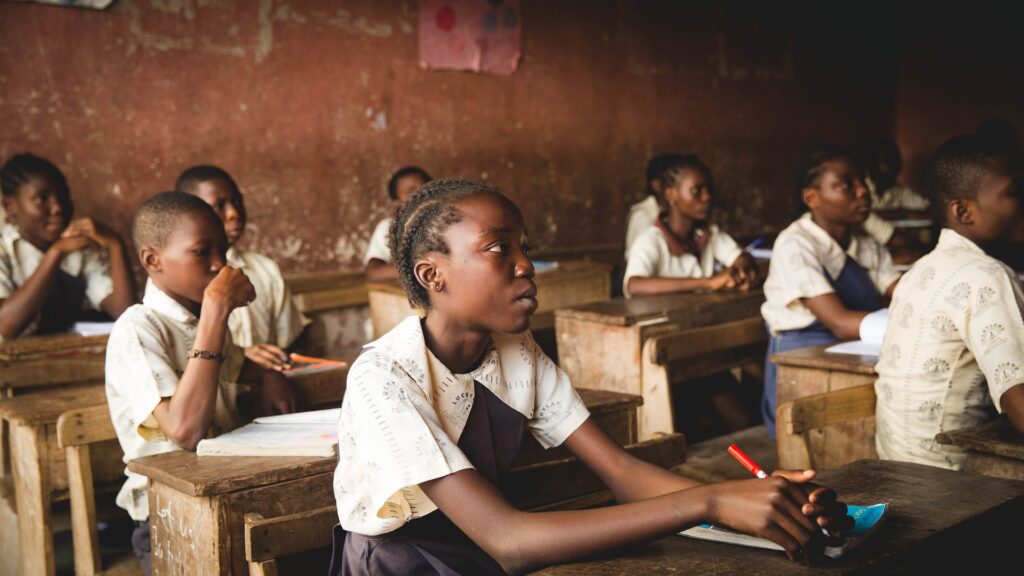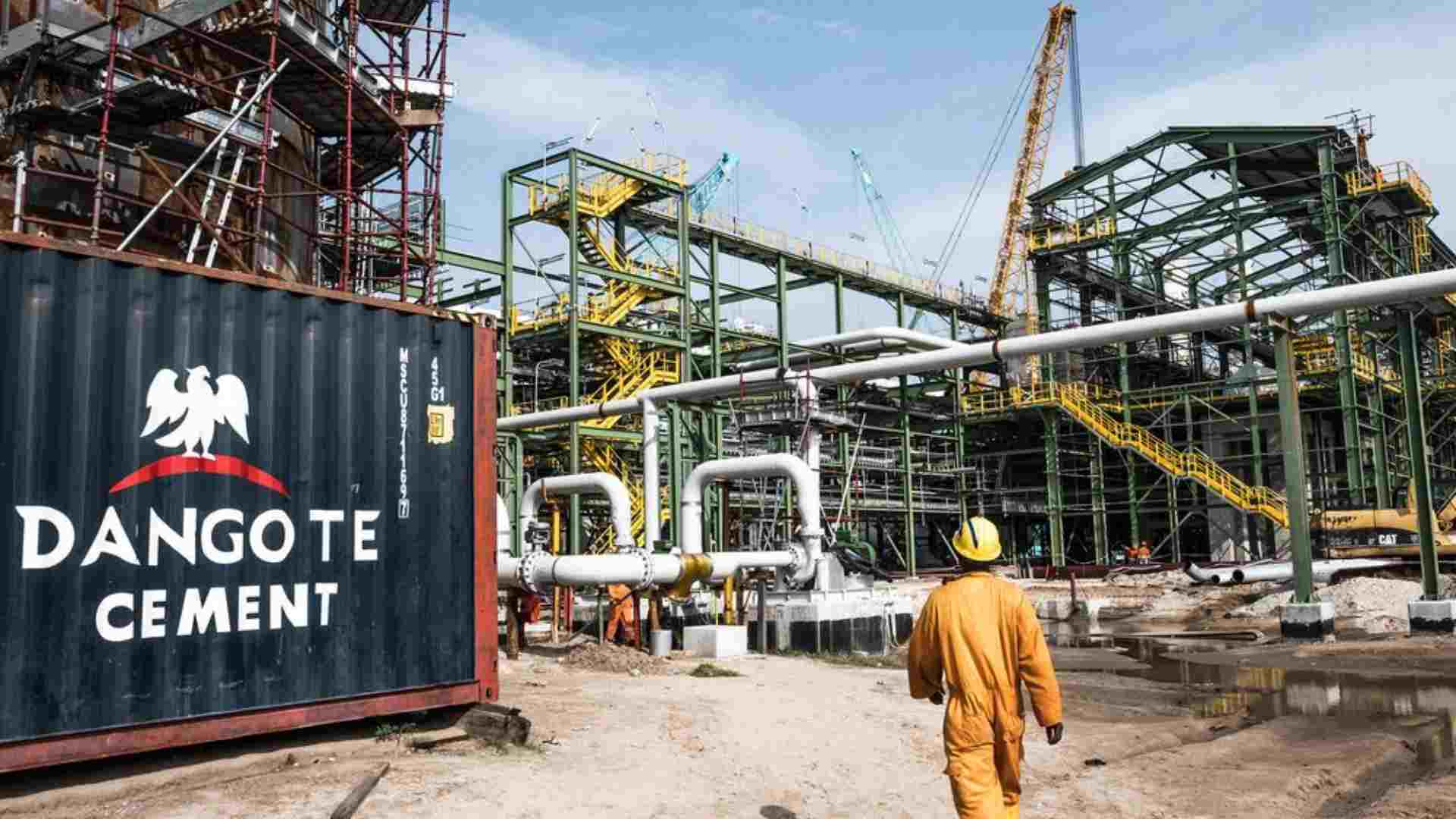
The continent of Africa, which is frequently referred to as the “cradle of humanity,” is rich in potential and resources. Despite having several difficulties, the area is primed for expansion and improvement. The diaspora populations of Africa are one frequently disregarded source of assistance for its development.
In this section, let’s look at the investments and remittances that diaspora Investment in African populations may make to help the continent thrive. Our discussion will cover financial instruments and diaspora debt instruments, as well as motivational examples. We also address how to create incentives for diaspora Investments in African development, and how to create opportunities for Africans abroad to give back to their home country.
For many African households, remittances are an important source of income. These are funds that people who work overseas send to their loved ones and communities at home.
The World Bank estimates that in 2020, remittances to Africa will total over $78 billion, exceeding both foreign direct investment and government development assistance put together. Receivers can use these monies to invest in small enterprises, pay for education, and fulfill basic requirements.
Remittances, or the money that individuals of the African diaspora send home to their families and communities, have a significant impact on African economies.
These monetary inflows have a significant impact on how individual households and the continent’s overall economic environment are shaped:
African diaspora communities are a group of people who share a common heritage and experience but have different needs when it comes to investment options. Many are interested in investing to build wealth and contribute to the development of their countries of origin.
This section will explore some of the investment options available to African diaspora communities and how they can make informed decisions to achieve their financial goals.

A nation’s government can raise money from its diaspora community, which consists of its inhabitants who live abroad, by issuing financial instruments known as diaspora bonds.
With the help of these bonds, the diaspora’s financial resources and patriotic sentiments can be used to support a range of initiatives and programs aimed at promoting development in their native countries.
Here is a more thorough justification:
A number of African nations have had success issuing diaspora bonds to fund infrastructure and economic initiatives. For instance, Ethiopia released its “Diaspora Bond” in 2008 and raised over $11 million from the Ethiopian diaspora to support important national projects.
These alliances encourage the diaspora to feel connected and patriotic while also mobilizing cash. The bonds have also been used to create economic opportunities for the diaspora, such as providing them access to investment opportunities in their home nation. This helps to foster a sense of unity and belonging among the diaspora, while also providing capital to help Africa’s development.
Diaspora-led initiatives have become a powerful force for change in a wide range of fields, from education and health to business and technology. These inspiring projects are driven by passionate individuals and communities, who are using their skills, knowledge, and resources to make a positive impact on the world.
Within the continent’s technological and financial landscape, African fintech firms constitute a vibrant and quickly expanding sector. These businesses use cutting-edge technological solutions to tackle various financial possibilities and difficulties in Africa, such as the following:
The transfer of financial resources, both public and private, into the healthcare industry in order to enhance medical services, infrastructure, and patient access is referred to as healthcare investment. These investments are essential for improving a population’s general health and well-being.
Here are some healthcare investment trends:

Many individuals in the African diaspora are devoted to education and have started scholarship programs and educational institutions back home. Numerous African children now have access to high-quality education and the chance to build future-ready skills because of these programs.
These programs have helped to create a more educated and qualified workforce, which has a positive impact on the economy of Africa. In addition, these initiatives have also increased opportunities for African children to pursue their dreams. This has had a ripple effect on African society, with many young people now having the confidence to pursue their dreams and ambitions.
This has also helped to reduce poverty and create a brighter future for Africa. This, in turn, has led to a more positive outlook and greater optimism about the future of Africa. It has also provided a platform for African entrepreneurs to start new businesses and create jobs. This has further helped to stimulate economic growth and create a more prosperous Africa.

The African diaspora is a potent force that can be crucial to the growth of the continent. Diaspora groups can effectively support Africa’s development through remittances, investments, and diaspora bonds. African countries may realize their full potential and create a better future for future generations by utilizing the financial, intellectual, and entrepreneurial resources of the diaspora.
Governments should create policies and initiatives to foster greater engagement of the diaspora. Diaspora groups should be welcomed and incentivized to contribute their expertise and resources towards the development of African communities. This can create a positive cycle of growth that will benefit the continent as a whole.
The Center for African Development and Investment seeks to create a platform for collaboration between African diaspora groups and African organizations. It brings together African diaspora groups, African organizations, and other stakeholders to collaborate and work together to create lasting solutions to Africa’s most pressing problems.
Governments in Africa can enlist the aid of their expatriate populations to get direct financial contributions for infrastructure, start-up companies, education, and other development initiatives. Proposals for tourism and travel could make use of the growing middle class’s purchasing power.
Diasporas can have a significant impact on the economic growth of their home countries. In addition to their well-known function as remittance senders, diasporas can foster trade and foreign direct investment, launch organizations encourage entrepreneurship, and disseminate new information and skills.
The abolitionist effort against the slave trade, the conceptualization of Pan-Africanism, and the fight for decolonization are all examples of the diaspora’s contributions to the development of Africa. First- and second-generation African diaspora populations have dramatically grown during the 1980s.
The African diaspora has made significant contributions to the political, social, and cultural advancements of the world as well as to the economic growth of numerous nations.

Africa’s investment landscape is undergoing a dynamic transformation. Foreign direct investment (FDI) flows to the continent have rebounded from pandemic-era lows and are diversifying across new sectors. Global investors are increasingly eyeing investment opportunities in Africa, drawn by the region’s growth prospects and rich resource base, even as they navigate persistent challenges. This blog provides a […]

With the three new refineries scheduled to greatly increase Nigeria’s refining capacity, the country is about to enter a transforming period in its petroleum sector. This growth not only promises to lessen Nigeria’s long-standing dependence on imported refined goods but also helps to establish the nation as a growing center of African energy generation. These […]

Aliko Dangote — Africa’s richest man and a powerhouse industrialist — is at it again with ambitious projects that have everyone talking. In a recent announcement, Dangote unveiled plans to build a massive new cement factory in Ogun State alongside Nigeria’s largest seaport at the Olokola Free Trade Zone (OKFTZ). These twin developments are poised to boost Nigeria’s […]